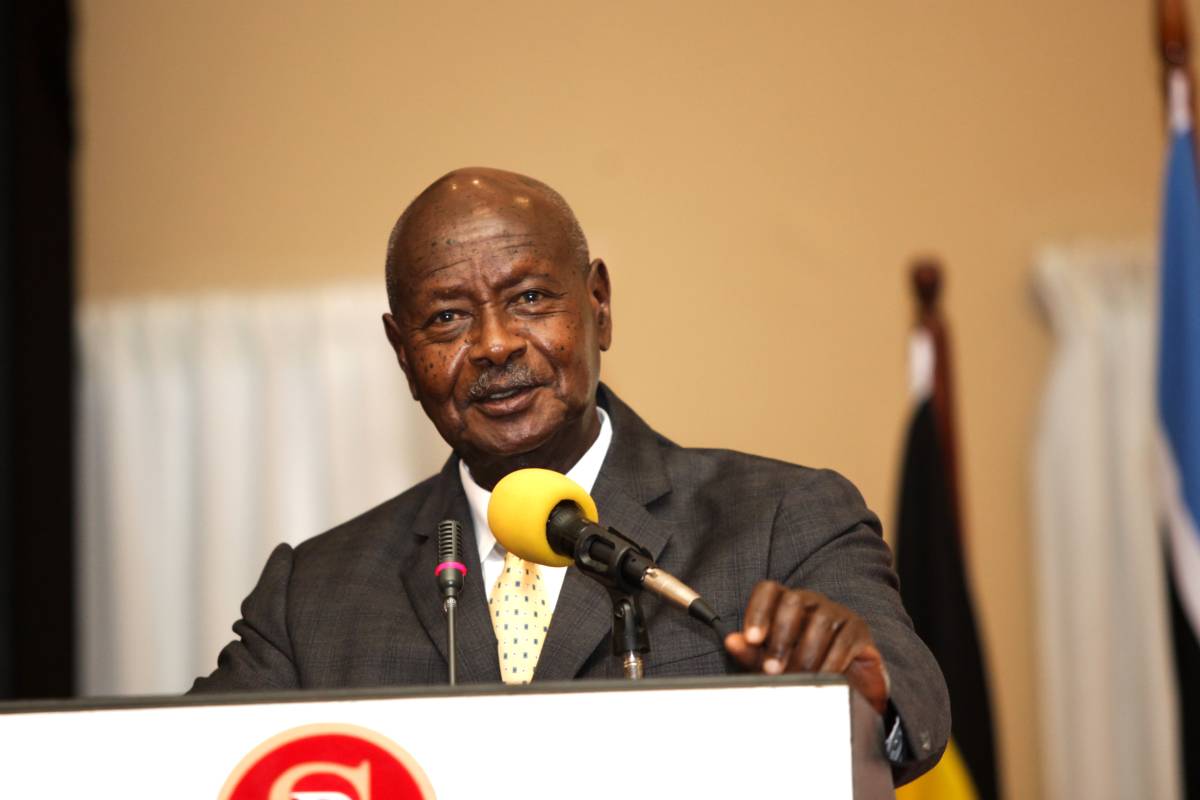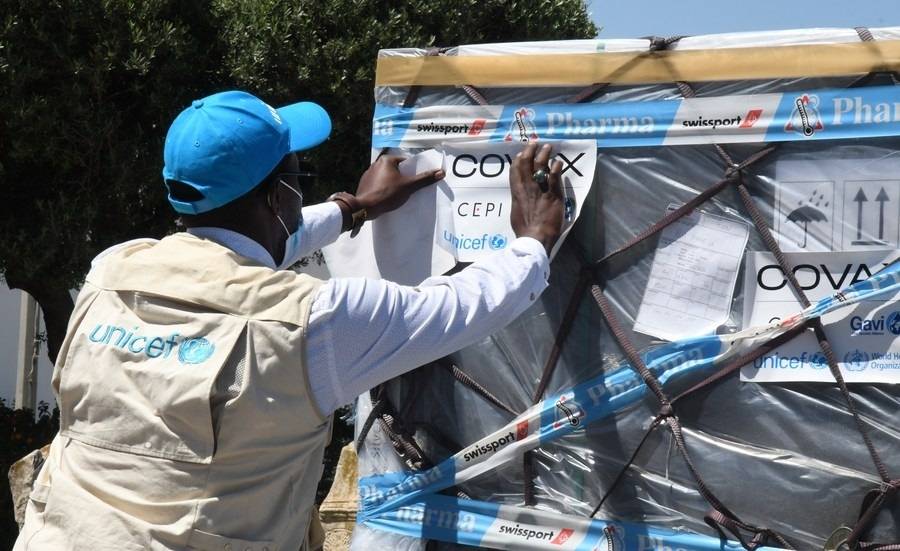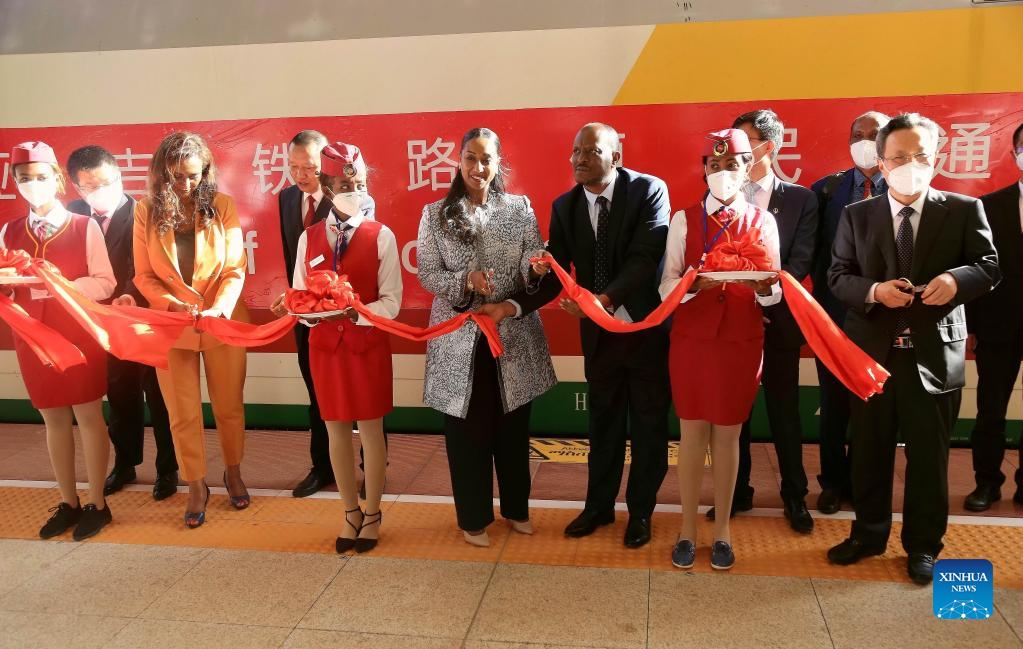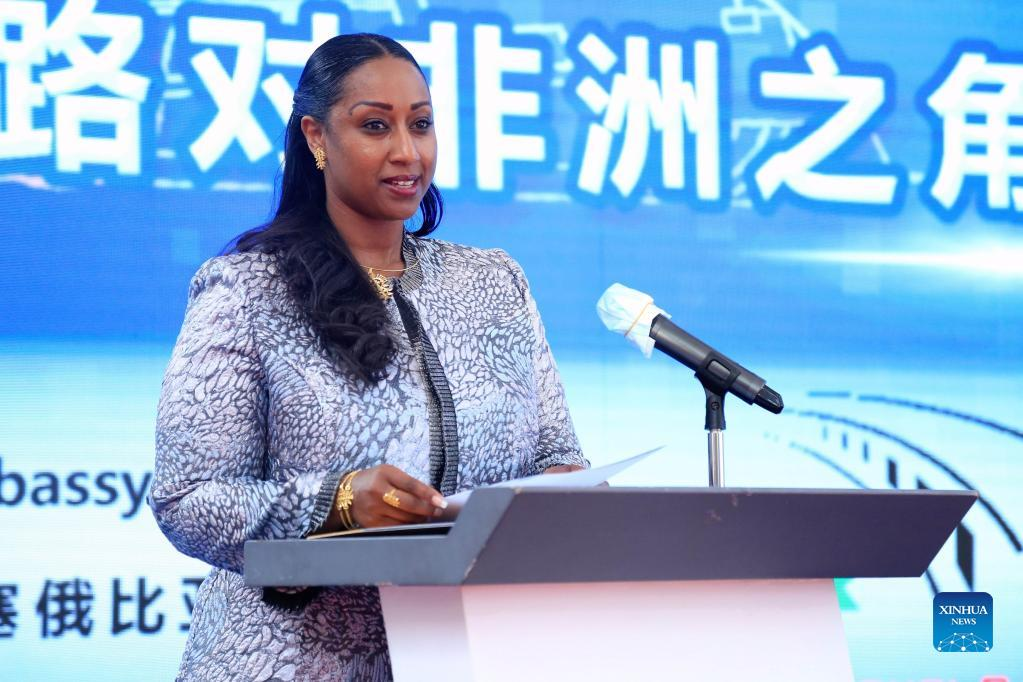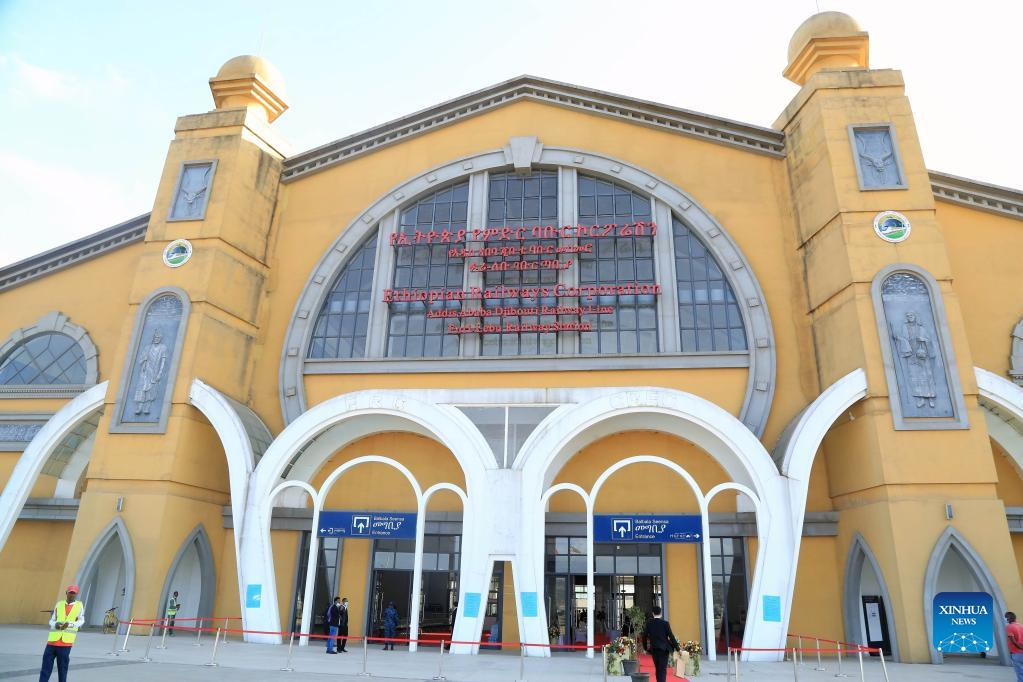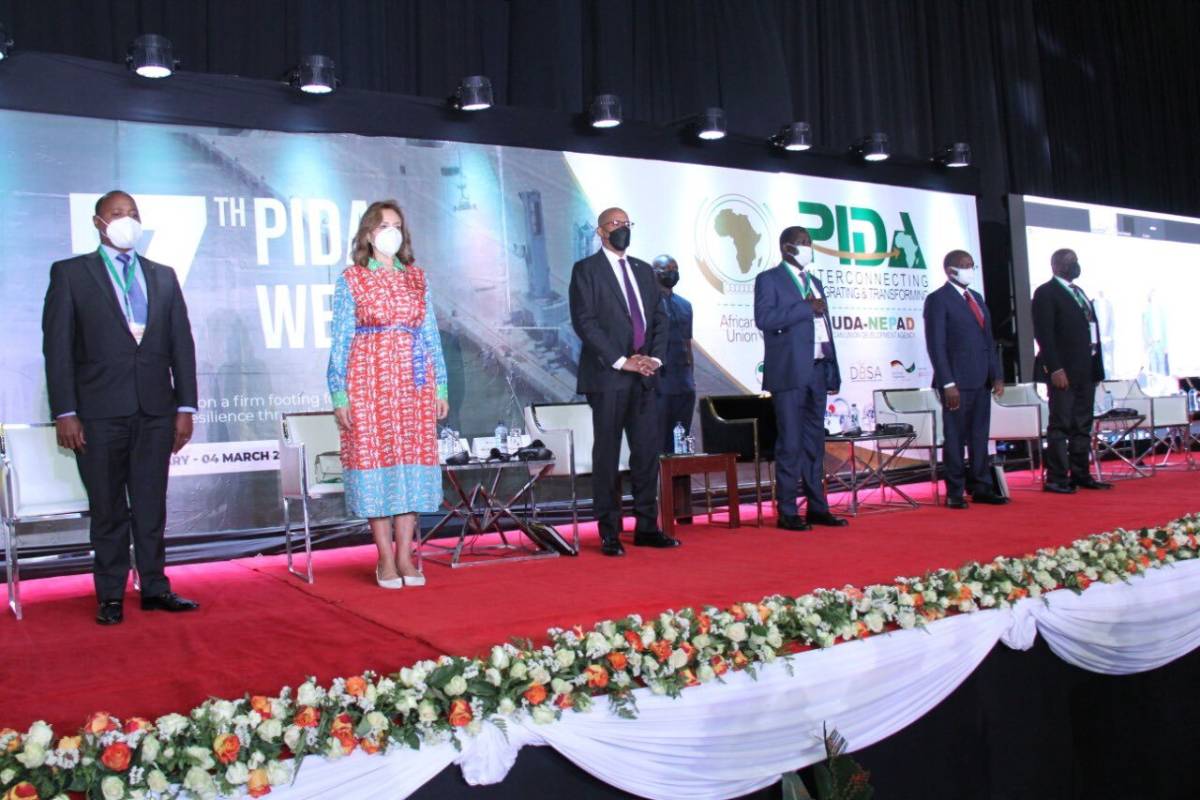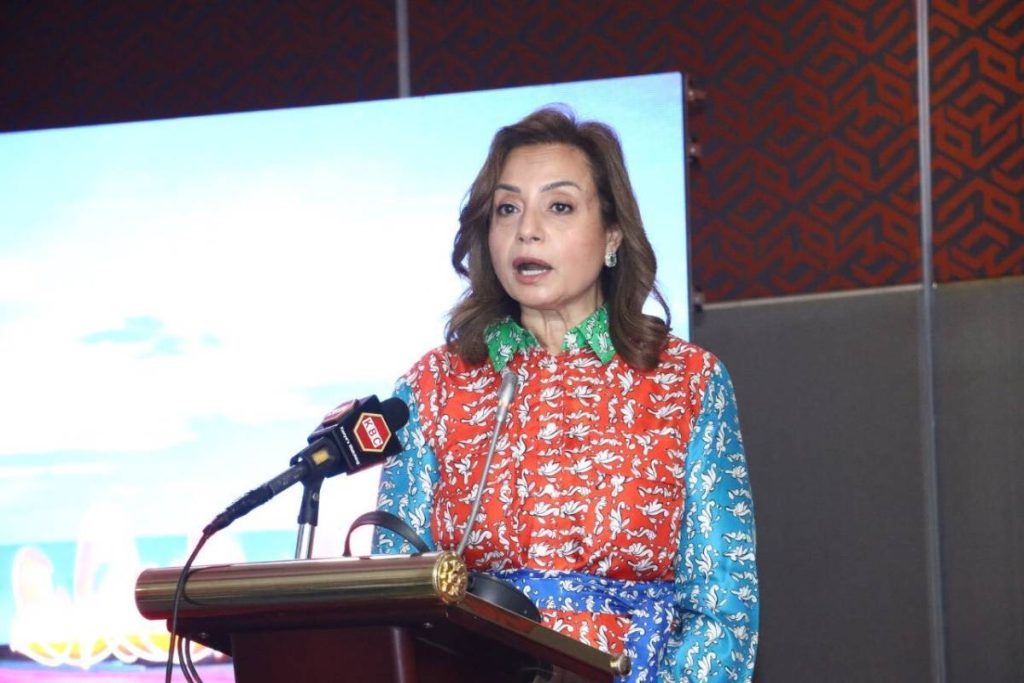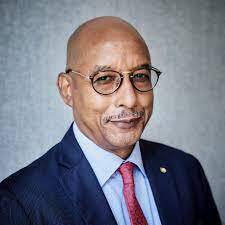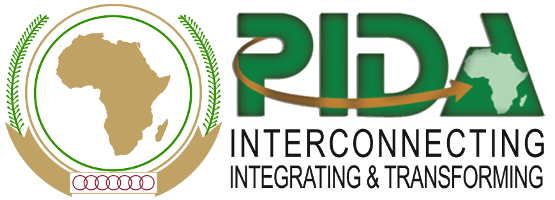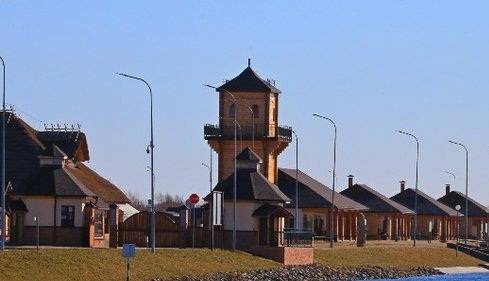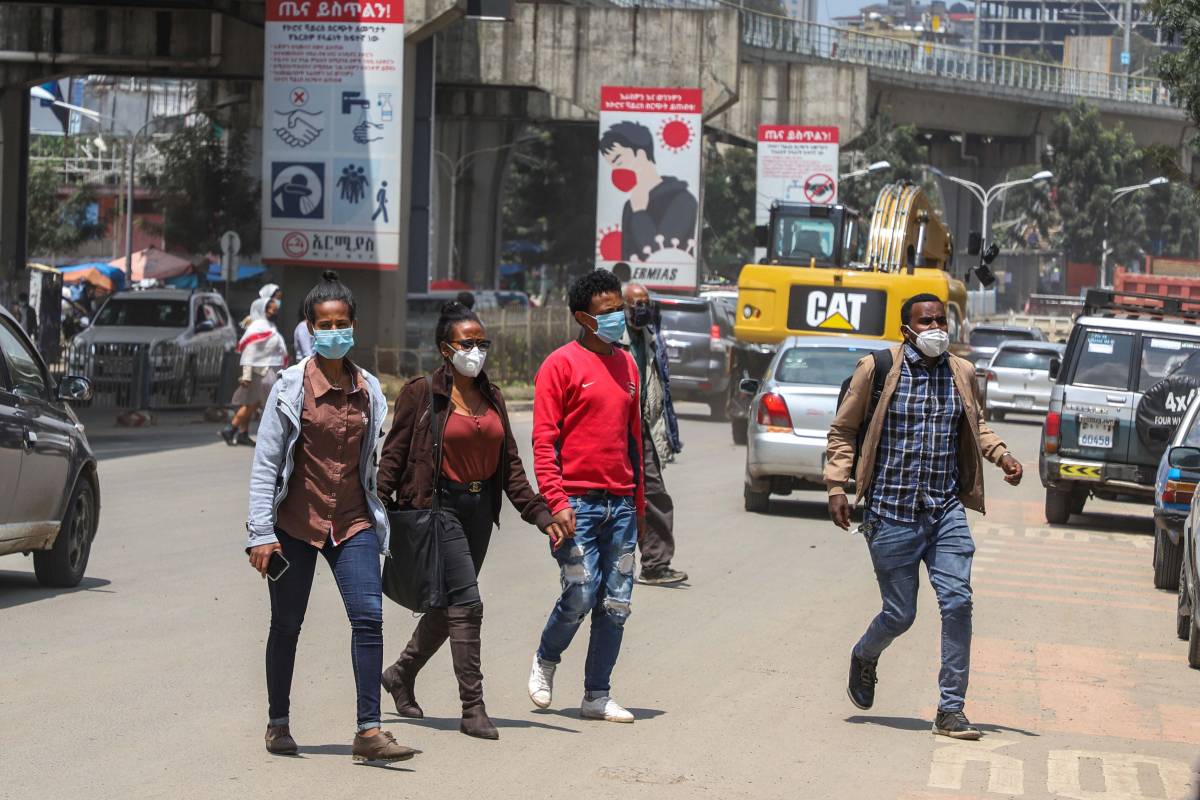Ethiopians on Wednesday celebrated the 126th anniversary of Ethiopia’s victory of Adwa, which marked the East African country’s victory against a colonial power some 126 years ago…reports Asian Lite News
While marking the Victory Day Wednesday, Ethiopians from all walks of life called for replicating similar victory against what they referred to as “unwanted foreign interference.”
The Battle of Adwa on March 2, 1896, which is also referred to as the first Ethiopian-Italian war, marks the first black victory against the invading colonial forces of Italy in the African continent.
The war, which was largely fought in the Adwa mountains some 977 km north of Addis Ababa, the capital, is believed to have initiated other freedom fighters across the African continent to struggle toward independence and freedom against colonialism.
This year’s Adwa Victory celebration came as the East African country faced internal conflict between the government and rebel forces in the northern parts of Ethiopia. The conflict resulted in strong foreign interference.
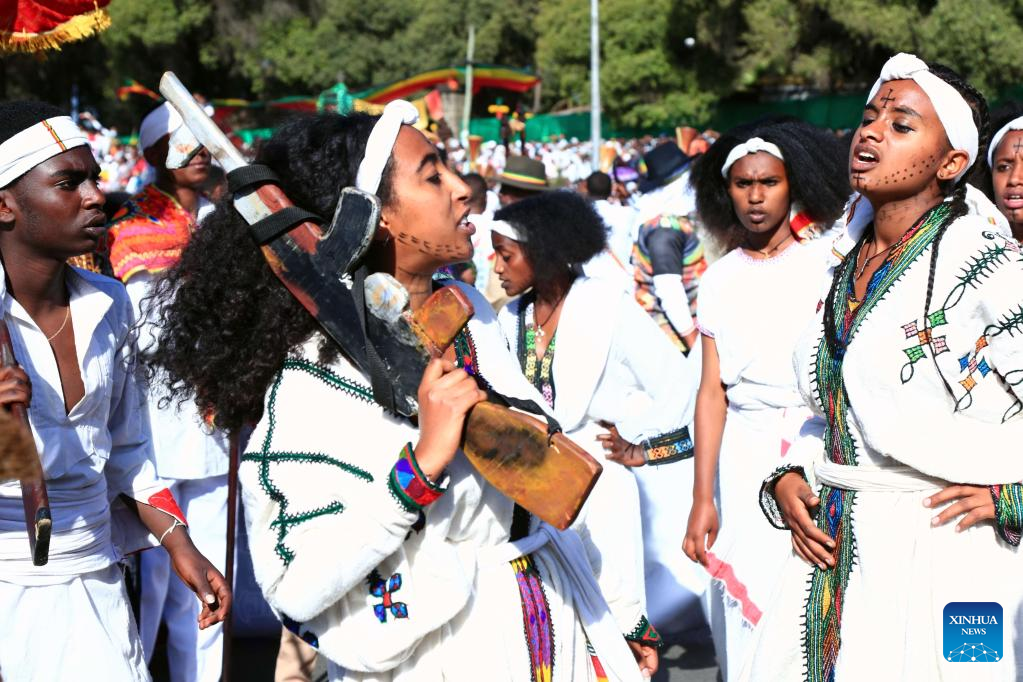
Ethiopian Prime Minister Abiy Ahmed, in his congratulatory message, said the Victory of Adwa is a bright monument that has taught the harsh consequences of trying to pose threats on Ethiopia.
“We are fortunate to be able to celebrate the Victory of Adwa where our brave mothers and fathers have registered great triumph by rejecting colonialism and slavery as well as inferiority and humiliation,” Ahmed said. “The Victory of Adwa had laid a solid foundation for peoples of Africa, Asia and Latin America to break the yoke of slavery, the burden of colonialism and inferiority policy.”
This year’s Victory Day was celebrated across Ethiopia, Africa’s second-most-populous nation.
In Addis Ababa, the capital of Ethiopia, a high-level event marked the 126th anniversary with the presence of senior Ethiopian government officials, elders, diplomats and representatives of foreign countries, among others.
While addressing a commemorative event held in the capital, Ethiopian President Sahle-Work Zewde called on Ethiopians to stand together and strive for national peace and development.
“We must learn from the victory of Adwa that nothing will stop us if we stand together,” she said. “We have shown that nothing can stop us from working together to make Ethiopia a better place. Once again, on this day, I call upon all the people in Ethiopia to repeat the victory we gained in Adwa to defeat backwardness and misery in the country.”
ALSO READ: Sudan rejects Ethiopia’s power generation from disputed dam
Henok Alene, 57, was one of the tens of thousands of Ethiopians attending the commemorative event held at Emperor Menelik II Square in Addis Ababa.
Alene called on the current generation to draw inspiration from the forefathers toward replicating a similar momentous victory against the surge of foreign interference in Ethiopia.
“The past year witnessed incessant foreign interference and pressure on our country. We, as sons and daughters of our forefathers, should maintain unrelenting gesture to those who have a destructive agenda against our country,” Alene told Xinhua.
Smrawit Solomon, 25, echoed a similar sentiment as she emphasized that Ethiopia, as the only not colonized African country, should keep its aspirations high against all odds.
“Unlike any other country, we Ethiopians celebrate Victory Day not an independence day; and now we should remain strong enough to bring our country into a development path that suits our aspiration,” she said.


